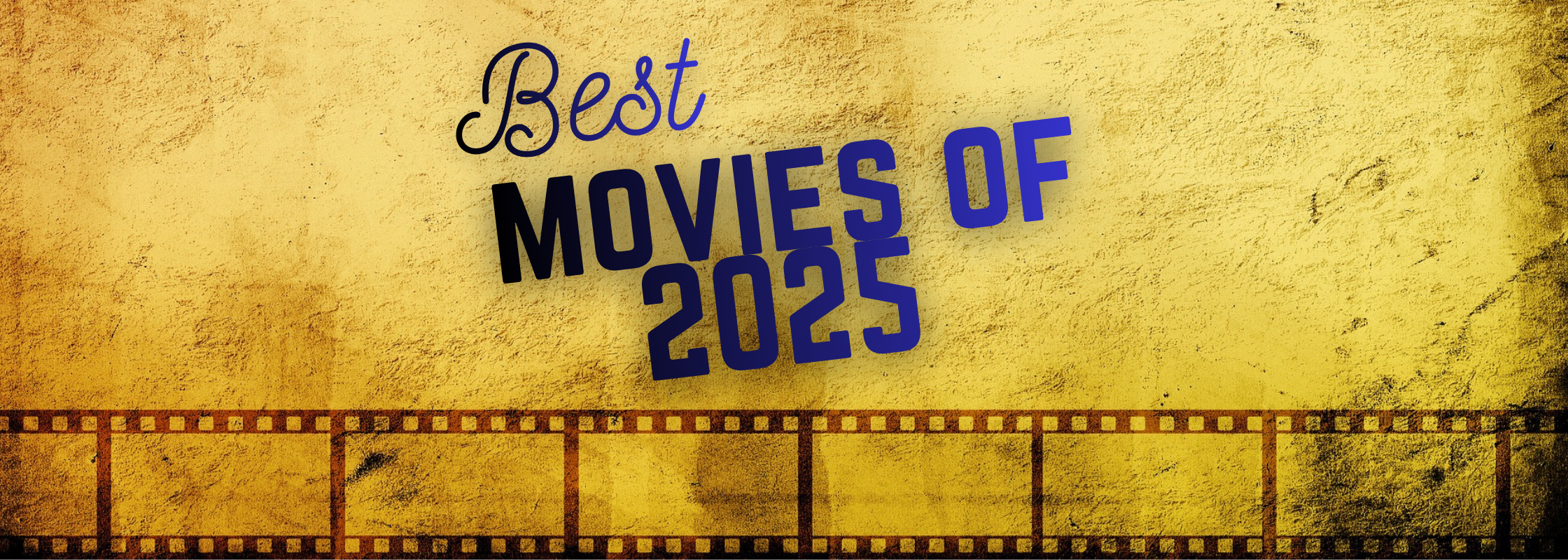The Phoenician Scheme review
Director: Wes Anderson
Writers: Wes Anderson
Stars: Benicio del Toro, Mia Threapleton, Michael Cera, Riz Ahmed, and Benedict Cumberbatch
Running Time: 105 minutes
Please note there may be spoilers below
You have to admire Wes Anderson’s steadfast artistic principles, prolific and yet wholly dedicated to a type of sly, cute, irony-laden, self-conscious aesthetic that comments on filmmaking itself as a form, as a deconstruction. I can’t name another filmmaker so committed to his vision over decades without any temptation (brought about by age or failure) to deviate from his chosen path. It’s simultaneously remarkable and dangerous, for his work so easily veers into intellectual candy floss, at its worst (Asteroid City), feeling more like a series of post-modern quips than an emotional journey worth taking. Yet, The Phoenician Scheme does feel like he’s once again leaning into his strengths – a deft balance between archetypal characters and genre-adoring plots, all of it lightly sprinkled with a sentimentality that is quickly under-cut with bow and arrow violence.
“Like his best work, The Phoenician Scheme doesn’t so much care about plot as it cares about the cumulative feeling the very carefully adorned frame gives you”
His muse this time is Benicio Del Toro, playing rogue business tycoon Zsa Zsa Kroda, a gentlemanly-spy figure, who whilst not travelling on his own private jet and dismissing the very real possibilities of assassination, is knee-deep in a scheme to complete three quirky and interconnected infrastructure deals related to railways, waterways, and hydroelectric power. In Anderson’s winking style, he avoids concrete details and prefers to present the world-building in heavy smoke – Kroda is concerned about ‘The Gap,’ a fiscal gap caused by an artificial price increase of ‘bashable’ rivets, forcing him to travel across Modern Greater Independent Phoenicia to speak to a cartoonish lineup of dastardly business partners to ingratiate their help with financing ‘The Gap.’ The very vagueness of the above description is part of Anderson’s blueprint – present high-minded ideas within the context of silly self-referential opaqueness. When asked to explain The Gap by his estranged daughter, Liesl (Mia Threapleton), Kroda obliquely says “It’s a missing slice of a pie that was baked too big for the pan.” It’s typical for Anderson to joyfully unexplain the perfectly explainable.
The strength of The Phoenician Scheme is its willingness to focus on only three major characters, with Del Toro primarily the lead. This limited focus ironically allows Anderson the freedom to become lost in the hyper-fixed vagueness of his adornments – the frame placing the actors in strict compositions, addressing each other in performative film-noir speak. When Anderson branches out into true ensemble film-making, his indulgences cause the heart of his work to fall apart (once again, Asteroid City), but here with a narrower panorama, it allows the relationship between a rich father, a lost daughter, and her tutor (a wickedly funny and career-best Michael Cera) to lend some light emotions to what could have been another movie drowning in it’s own irony. Here I like the characters – Liesl is a dedicated nun, who soon grips her rosary beads when an assassin’s bomb is found on board Kroda’s plane, yet since the bomb is timed to go off at 18 minutes, and they are due to land in 15 minutes, Kroda causally repeats his amusing mantra when danger arises, “I, myself, feel very safe.” It’s the type of joke that lands a sly smile on my face.
There’s a heist movie feel to the plot, even if nothing is stolen. Like his best work, The Phoenician Scheme doesn’t so much care about plot as it cares about the cumulative feeling the very carefully adorned frame gives you – a sense of misplaced nostalgia for an alternative universe, a delightful callback to screwball comedies of the 1940s, a sense of humour wholly drowning in the sensibilities of film characters as opposed to real people. As expected, this makes all Wes Anderson’s work easy on the soul, since we’re aware danger, trauma, and emotions are not quite real here – instead, we get a deconstructed comedy that feels like it lands on the better side of his filmography. A stand-out scene is when he allows his high-brow references to occasionally dip into low-brow shallows – during railway negotiations, the businessmen decide to settle their dispute by shooting basketball shots, a sequence that made me laugh out loud, an unexpected treat when compared to Wes Anderson’s usually under-cooked comedy.
Michael Cera’s turn from Norwegian tutor to undercover American spy is a typical delight, an always likable actor who gets to play dress up in this flatly beautiful playground filled with some of the most finely tuned production design you’ll find. The characters come and go with speed, finally settling on the nefarious and appropriately bearded Uncle Nubar ( Benedict Cumberbatch), an antagonist evil enough to allow us some dedicated hand-to-hand (or lamp-to-lamp) combat, a rare occurrence for Wes Anderson, and the result is a climax that sticks the landing with depreciating humour and a strong sense of its own silliness. This is a story of a rich man who goes broke, but who, on the way, discovers a daughter that matches his own absurd existence. And by presenting their final warm-hearted existence in the confines of a cute French cafe, it’s hard not to have enjoyed the soft comedy of two thoroughly strange people.


